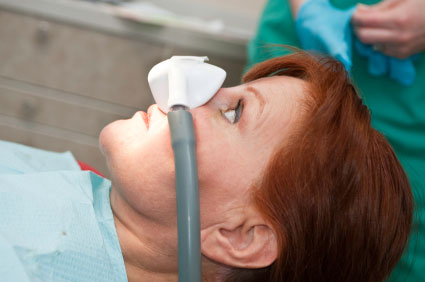Types of Sedation Used for Oral Surgeries Oral surgeries can be overwhelming for many patients. Whether you are scheduled for a tooth extraction or a dental implant, you may need some sedation to avoid intense pain. Choosing the proper sedative can be challenging. Some patients may be allergic to a few sedation types. Our surgeons at Surf City Oral and Maxillofacial Surgery suggest discussing your allergies and health condition with your oral surgeon before going in for surgery. Oral surgeries can be overwhelming for many patients. Whether you are scheduled for a tooth extraction or a dental implant, you may need some sedation to avoid intense pain. Choosing the proper sedative can be challenging. Some patients may be allergic to a few sedation types. Our surgeons at Surf City Oral and Maxillofacial Surgery suggest discussing your allergies and health condition with your oral surgeon before going in for surgery. If you wonder about the different types of sedation used for oral surgeries, we have covered the common types below to help you make an informed decision. Oral Sedation TypesOral surgeons use the following oral sedation types worldwide to perform oral surgeries. Local Anesthetic AgentDentists often use a local anesthetic agent to perform oral surgeries. Typically, oral surgeons inject a local anesthetic into the surrounding gums or apply it topically on the infected region. It takes a few minutes for the agent to come into effect. Typically, there are no essential side effects of local anesthetics. However, some patients may face adverse effects in the post-sedation phase. Nitrous OxideNitrous oxide is one of the lightest sedation agents used for oral surgeries. The mild and calming effects kick in soon after inhaling the gas through a nasal mask. Patients may feel relaxed and mildly sedated while the surgery lasts. Many oral surgeons recommend nitrous oxide for oral sedation due to its quick wearing-off effects. It is also the only oral sedation agent that allows you to drive home after the surgery. Sedative PillsOccasionally, oral surgeons recommend sedative pills for oral sedation depending on the patient’s health history and vitals. Unlike other oral sedatives, pills may take 30 minutes to an hour to come into effect. This anesthetic type acts on the central nervous system of patients, making them groggy and partially sedated in most cases. Generally, oral surgeons recommend sedative pills to patients with severe pre-surgery anxiety. IV SedativesIf you are scheduled for complex oral surgery, you may need an IV sedative. Intravenous anesthetics require a certified anesthesiologist to inject the agent. It is crucial to monitor the patient’s vitals, pulse rate, and health history before opting for IV sedatives. The IV sedation may take a few hours to completely wear off its effects on your body. However, you may be slightly aware of your surroundings while the oral surgeon performs incisions. General AnesthesiaGeneral anesthesia is among the most common types of sedatives used for surgeries. Typically, dental surgeons opt for this type when the patient is unfit for the other oral sedation methods. General anesthesia may have effects lasting up to a few hours, depending on the patient’s condition. In some cases, patients may face dry mouths and nausea post-surgery. It is worth noting that you may not be able to drive back home due to sedation and light-headedness. If you are unsure about the type of oral sedation you should choose, you may consult our surgeons at Surf City Oral and Maxillofacial Surgery for thorough guidance in this regard. Call Surf City Oral and Maxillofacial Surgery at 657-384-2787 to schedule an appointment. |